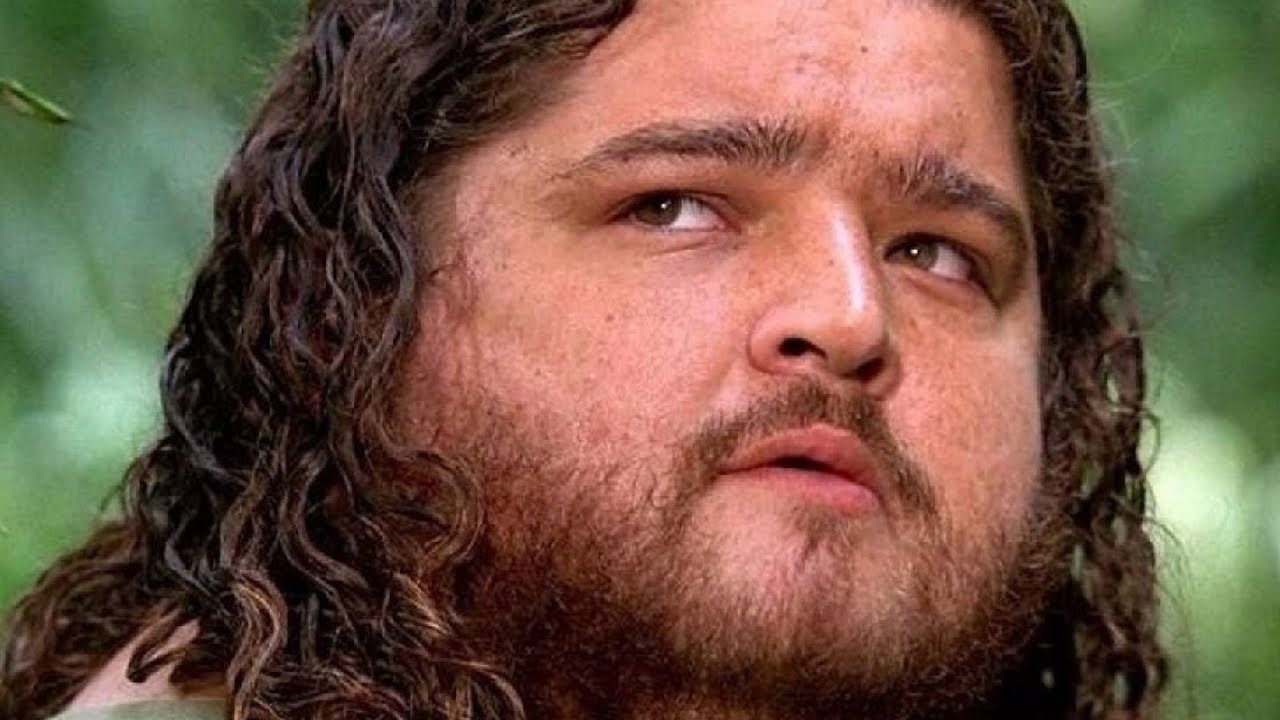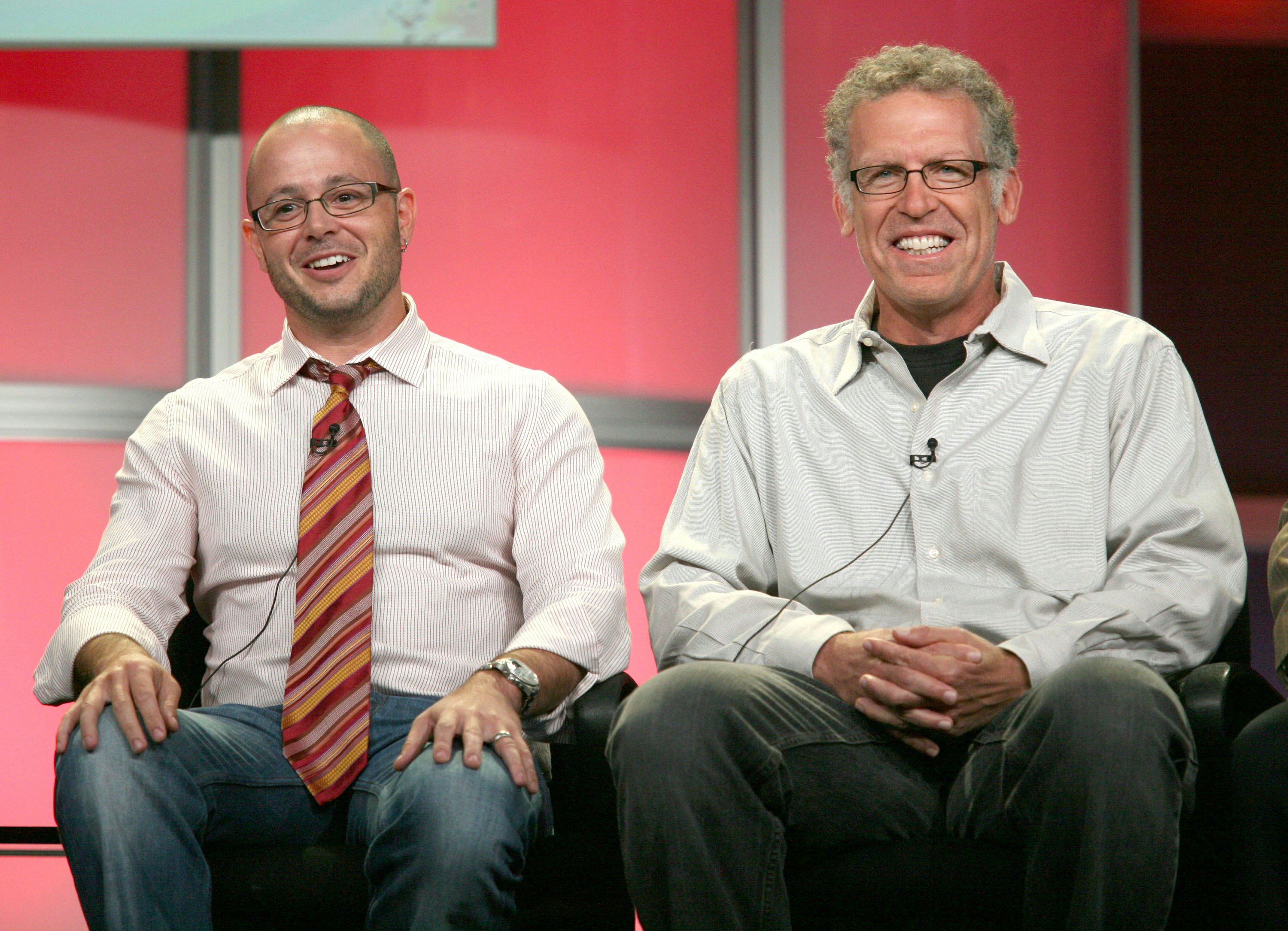
At the start of 2008, Lost was in a tough spot. The primetime sci-fi show became an instant mega-hit when it launched four years earlier, but by the end of Season 3, Lost fatigue was settling in.
More mysteries were popping up than could ever be answered (that giant foot statue, for example), the backstory-of-the-week format had increasingly led to some lackluster episodes (remember Jack’s adventures in Thailand?), and the less said about Nikki and Paulo the better. Lost managed to earn back some goodwill with its Season 3 finale, which revealed that — spoiler alert! — at least some of the survivors eventually made it off the island. So when Lost Season 4 debuted on January 31, 2008, the pressure was on to deliver on that cliffhanger reveal while avoiding the mistakes of the past.
In a sense, Lost Season 4 Episode 1, prophetically titled “The Beginning of the End,” succeeded in that goal, setting the tone for a bold and different back half of the series. But in another sense, this may be the moment that Lost jumped the shark (or perhaps, jumped the smoke monster). It really was the beginning of the end.
In case you need a refresher course, Lost Season 3 ends with a surprise twist. Throughout the season finale, we watch Jack (Matthew Fox) stumble through his life back home in a drunken and drugged-up stupor. After 70 previous episodes, the audience had been trained to accept that anything not happening on the island was a flashback. But in the final moments, the rug is pulled out from under us: what we thought was a flashback was instead a flash-forward to Jack’s life post-island rescue.
Season 4 continues this trend, with each of its episodes revealing which Lost characters made it off the island and what happens next. Meanwhile, the main story details how they managed to do it and why only six of them escaped. In “The Beginning of the End,” we follow Hurley (Jorge Garcia), who is, perhaps unsurprisingly, struggling to deal with life back in society. When we first see him, he’s driving recklessly through Los Angeles. He’s later arrested and hallucinates Charlie (Dominic Monaghan). At the end of the episode, Jack visits Hurley at a mental health facility and asks him not to tell the truth about the “Oceanic 6.”
Meanwhile, back on the island, Hurley hallucinates a cabin and later finds out that Charlie is dead. Jack and John Locke (Terry O'Quinn) continue to fight, and a group that includes Hurley sides with Locke and heads into the jungle. We also meet a few more of the alleged rescuers who’ve arrived on a freight ship docked off-shore.

To be honest, the episode itself isn’t particularly memorable. The main plotline is mostly just set up, and the same goes for the fun but inconsequential flash-forward. What matters more is how “The Beginning of the End” sent Lost on a new trajectory. The flash-forward format gave the show new life, while the main plotline took the series to bizarre new places and introduced a handful of mysterious fresh faces.
Viewed as a whole, Lost Season 4 might just be the show’s best entry. It sets up a clear mystery in Episode 1 and solves it by the end of the season, revealing who made it off the island, who didn’t, and why. Unfortunately, it was also the show’s last gasp of greatness. Season 5 devolved into pure anarchy when the island itself became unmoored from space and time. And let’s not even get into Season 6.
Lost broke its own storytelling rules with Season 4, and while it worked for a while, in the end, the show simply couldn’t be fixed.

Behind the scenes, Lost Season 4 was also viewed as a fix for the show’s biggest problems. In a 2008 interview with The Chicago Tribune, co-showrunner Damon Lindelof confessed that flash-forwards were “exciting for us as writers, because we were so sick of writing flashback stories. We’ve changed the paradigm of the show.” (In the same interview, he also admits that Jack’s Thailand episode was a misfire, but fails to identify exactly what went wrong.)
Lindelof, who went on to create The Leftovers and HBO’s Watchmen, added that the shift in Season 4 also convinced Lost fans to reinvest in the show.
“When you watch the flash-forwards, there’s an emotional component,” he said, “but you’re also completely engaged on a plot level, because you’re like, ‘How did they get here?’”
Lindelof was right, of course. Lost Season 4 worked because it redefined the series itself. But, to quote the man one more time, perhaps the season’s biggest mistake was simply that it didn’t give Lost the ending it deserved.
When asked how long Lost should have been in a Vulture interview last year, Lindelof put it succinctly:
“I personally wish that we could have done it in four.”







